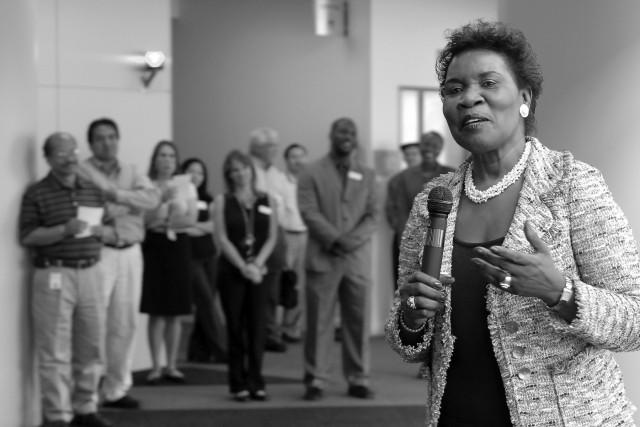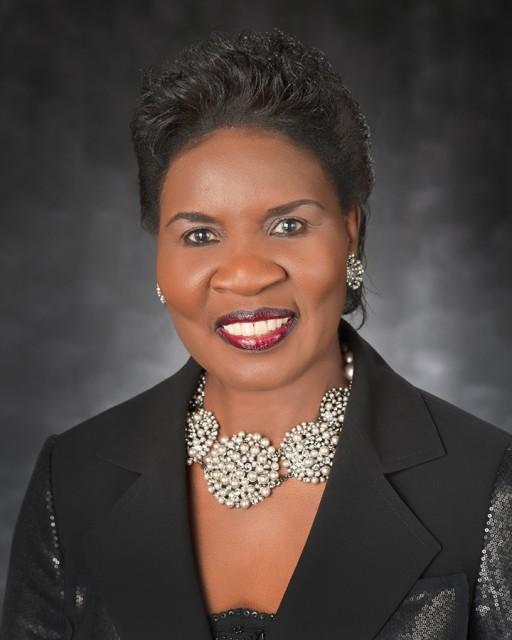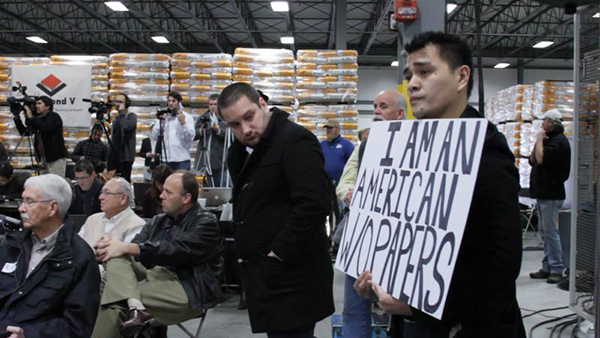Audrey Werth/ tr news editor
In recent presidential elections, campaign donations have been on the rise. But, larger sums of money dedicated to candidates do not necessarily mean individual voters are better informed.
In 2010, the Supreme Court ruled in Citizens United that corporations and labor unions could spend as much as they’d like in support of or opposition to a presidential or congressional candidate.
This blew the doors open to all kinds of issues blurring the lines between official campaign strategy and tactics used by independent organizations to sway voters.
Corporations and deep-pocketed individuals can give millions of dollars to super PACs, nonprofits advocating a specific candidate, and none of the funding has to be disclosed.
Super PACs and official campaigns are legally not supposed to coordinate, but, rest assured, they find ways of doing so.
Super PACs have paid the salaries of campaign staffers by paying them thousands of dollars for “political consulting” just before the staff members were hired to work on a candidate’s official campaign.
Migration between super PACs and official campaigns runs in the other direction too with many former campaign staffers, who have extensive knowledge of campaign strategy, going to work for super PACs.
Hillary Clinton’s campaign chairman has made appearances at fundraisers for Priorities USA Action, a pro-Clinton super PAC.
Though legally campaigns and super PAC organizations must remain separate, in practice they are increasingly entwined.
The president of our country should win the election because truthful information about all candidates had been made available to voters and the majority chose to elect the candidate they believed best fit for the position.
However, it is becoming a race to see who will receive the most significant donations from wealthy individuals and powerful corporations and can, as a result, spread personal propaganda in their support and run attack ads against their opponents.






























